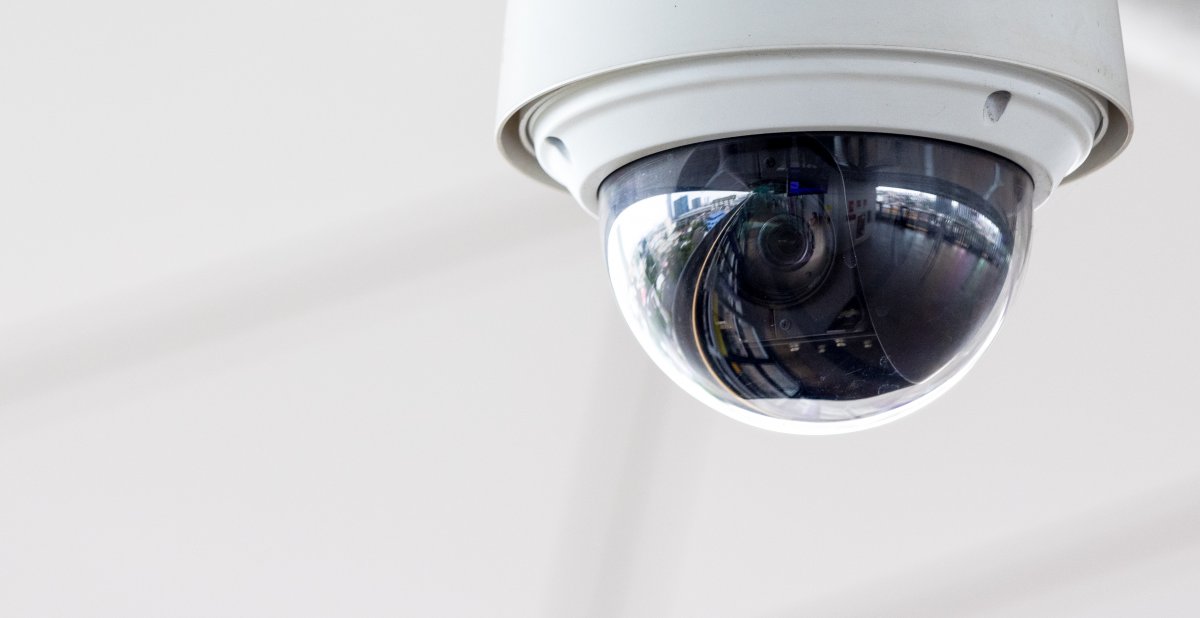Brigham and Women’s Faulkner Hospital in Boston is the latest hospital in the US to use artificial intelligence to monitor its operating rooms, presumably improving safety and efficiency. It follows about two dozen other hospitals in the United States and Canada. The AI-supported platform used is called OR Black Box, named after the recording devices in aircraft. It is developed by Surgical Safety Technologies in Toronto.
Advertisement
In fact, the technology is not a black box as such, but rather a system of wide-angle cameras and proprietary, tailored AI models. As the manufacturer emphasizes, it is not intended to retrospectively clarify the events that led to a medical incident or to monitor and hold individual employees accountable. Rather, the technology is intended to help prevent mishaps.
The operating black box anonymizes the people in the operating rooms; the software pixelates faces and “caricatures” bodies. It collects and analyzes the data and then provides hospitals with feedback on compliance with hygiene protocols, efficiency, safety, quality controls, thereby providing video and audio clips for review, comment and training. After 30 days, all recordings will be deleted.
As the Boston Globe newspaper writes, the Duke Health hospital in North Carolina began using a surgical black box four years ago. After analyzing the data, officials determined that surgical staff did not carefully follow protocol for preparing patients’ skin for surgical incisions. “It’s the simple things that we actually thought were done thoroughly,” said Christopher Mantyh, professor of surgery and vice chair of clinical operations at Duke University School of Medicine. According to him, the hospital then invited the surgical staff to lunch and organized follow-up training.
Advantages and disadvantages of AI monitoring
But skepticism about AI monitoring follows the black box into every new hospital. In the most recent case, Janet Donovan, a Faulkner operating room assistant and Massachusetts Nurses Association union official, told the Boston Globe that hospital staff were not warming to the technology. She said she was particularly concerned about whether errors captured by the cameras could be used to discipline nursing staff. She is also not convinced that the identity of the staff is adequately protected. Since the OR Black Box is currently only used in two operating rooms, where the same staff usually works, it would be easy to use the data to find out who did what and when.
There is also the question of how the data could come into play in the event of malpractice. “We live in the age of technology and know that nothing recorded ever truly disappears,” Donovan wrote in a letter to the hospital’s chief of surgery.
In fact, the question remains as to how the data could be used in legal cases. Lawyers will almost certainly try to get the data if a lawsuit is filed. Richard Epstein, a law professor at New York University, told the Wall Street Journal last year that it was entirely possible to obtain the data. “In the medical world, there are strict legal and medical requirements, and ultimately it is not the institution that decides what the information is used for,” Epstein said. Nevertheless, at the moment no one knows what will happen because “legal protection is not clearly defined and remains uncertain until tested through litigation and/or legislation.”
Improve efficiency due to camera recordings
Meanwhile, early adopters are concentrating on the positive aspects of the technology. At the Mayo Clinic in Minnesota, which has been using the technology since late 2021, administration used the OR Black Box to find out whether key surgical equipment was optimally arranged in some of its operating rooms. The processes were then adjusted and efficiency improved.
“There have been a lot of positive changes in terms of teamwork and team functioning and the way we respond to things,” Sean Cleary, a surgical oncologist at Mayo Clinic, told industry portal Becker’s Hospital Review. “If something happens in the operating room and the team is able to respond smoothly and efficiently to a change in plans, we can record it on the recordings and use it for training.”
The article originally appeared on Ars Technica.
(jl)
To home page
